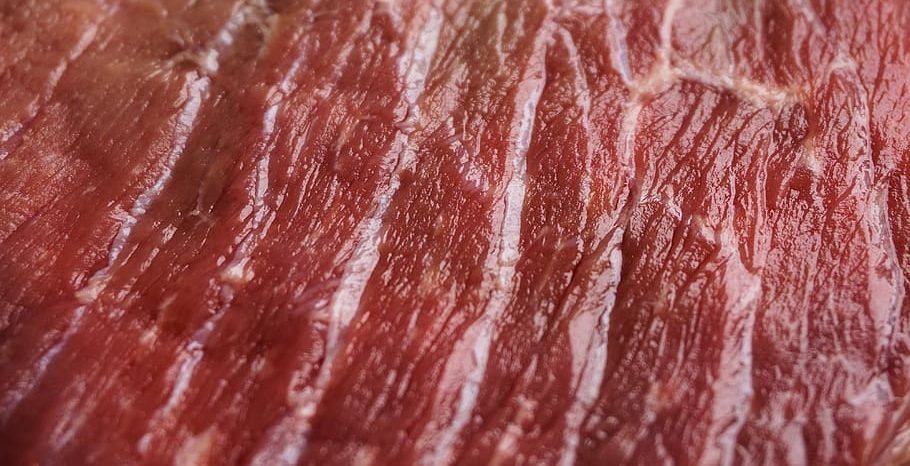Nearly a year after the Food and Drug Administration (FDA) allowed the sale of lab-grown meat in the U.S. in June 2023, Florida has banned it.
Governor Ron DeSantis on May 1, 2024 signed SB 1084, a bill that bars the cultivation of lab-grown meat. He ratified the bill in what he referred to as a bid to “save our beef” or natural beef.
When enforcing the ban, DeSantis cited a need to protect agricultural integrity and ranchers who raise their cattle in the fields.
This at a time when lab-grown meat commerce in the Sunshine State was booming alongside the state’s huge cattle industry.
Home to 862,000 Cattle
Florida produced 862,000 beef cattle in the 2023-24 season or 1/9th of the total output in the United States.
Data by USA Today on May 6, 2024 shows that Florida’s cattle industry is so huge that ranches cover 50% of arable land.
Sales of beef and breeding herds bring a revenue of $900 million each year to the state.
Is Lab-grown Costlier, too?
Advocates of lab-grown meat front its eco-friendly nature because it grows from replicated tissue. However, they neglect to mention its potentially high price.
A 2021 research before the lab-grown meat industry mushroomed showed that a pound of lab-grown beef would start at $17. This was because of the high production costs involved, including research work.
In comparison, producing natural beef through cattle expends just $5 per pound. In real terms, this production cost is half the highest average beef price in the U.S of $10.36 per pound.
Is Cattle Farming Detrimental to the Environment?
DeSantis took a broadside at leaders who paint beef agriculture as a net greenhouse emitter and yet they fly fuel-guzzling private jets.
As such, cattle rearing including feed production generates at least 5% of worldwide greenhouse emissions. The beef farming niche apparently causes between 5 and 14% of the total greenhouse emissions in the world.
For this reason, 60 global companies have emerged to produce what they call alternative low-emission lab meat.
Whichever side is right, Florida is now beyond the debate and is investing $2.8 billion in sustainable agriculture, sidestepping lab-grown meat.
